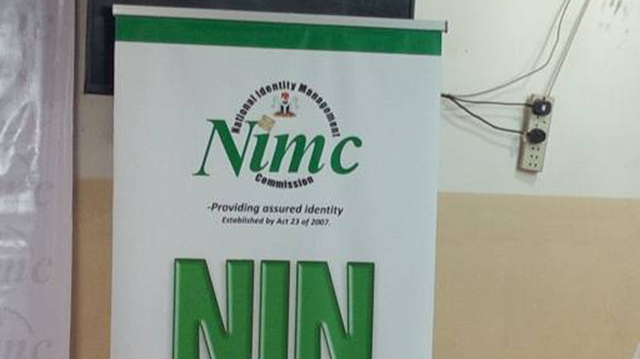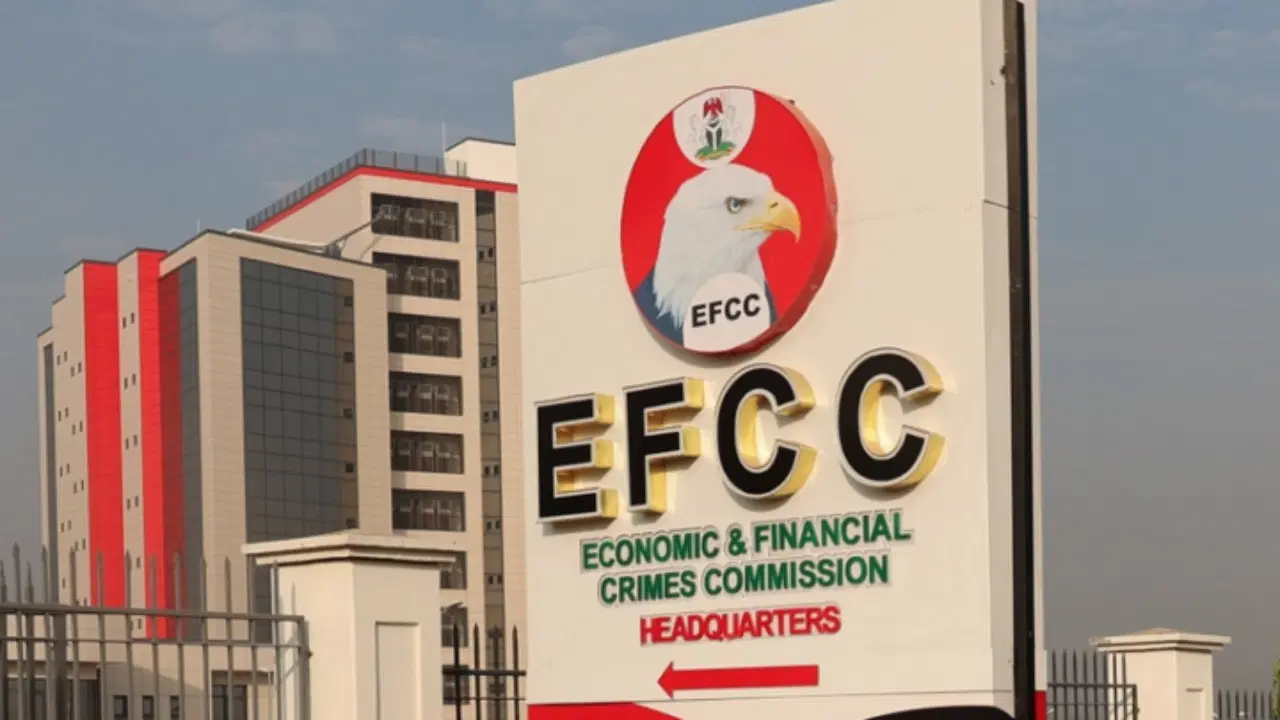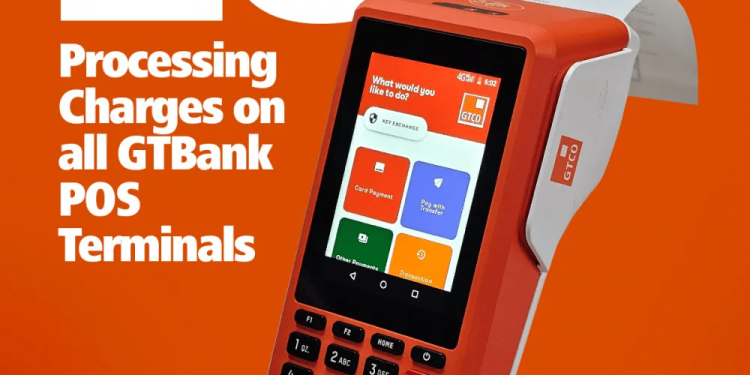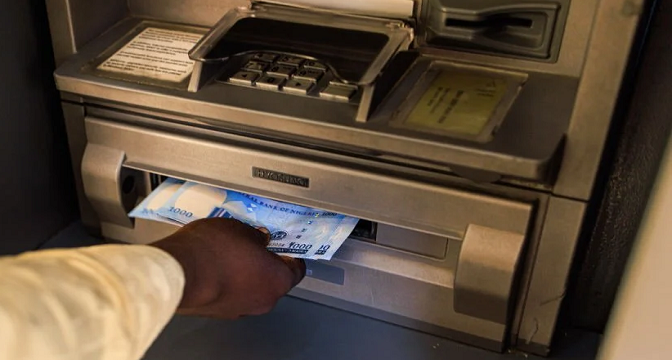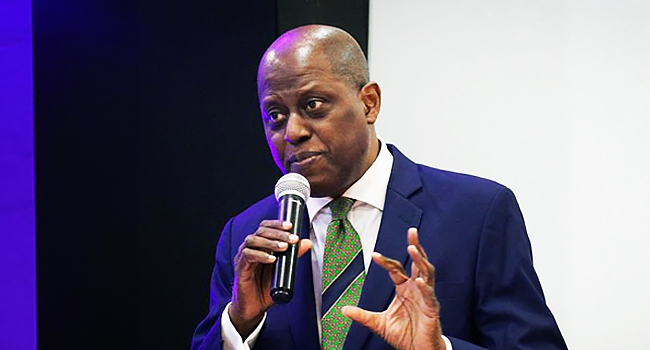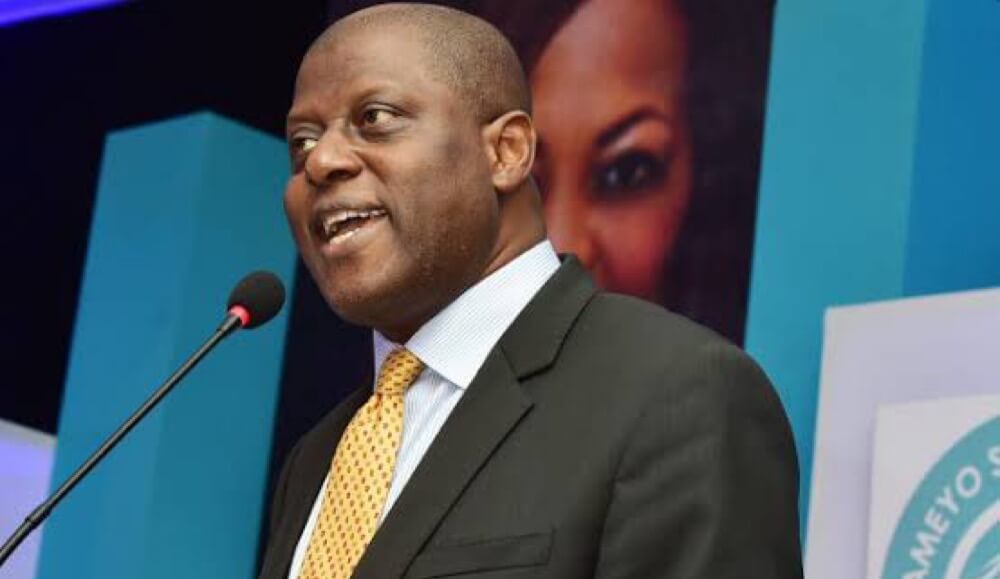According to the National Identity Management Commission (NIMC), the National Identification Number (NIN) enrollment in Nigeria has reached 117.3 million as of February 2025. This milestone, recorded just weeks ago, highlights Nigeria’s rapid progress in building a robust digital identity system.
This milestone underscores NIMC’s efforts, alongside policies from the Nigerian Communications Commission (NCC) and Central Bank of Nigeria (CBN), to enhance security and inclusion across the nation of over 200 million people.
Read also: Nigerians to pay for new multipurpose national ID card
NIN and NIMC: A leap forward in Nigeria’s digital identification
The NIN, an 11-digit unique identifier managed by NIMC, has become vital for Nigeria’s citizens and legal residents. In February 2025, NIN enrollment reached 117.3 million, up from 104.16 million in December 2023, reflecting an average monthly increase of 1.1 million. Lagos leads with over 12.4 million NINs as of January 2025, followed by Kano and Kaduna, while 530,345 Nigerians in the diaspora are also enrolled, showcasing NIMC’s global outreach.
The NIN enrollment surge owes much to NCC and CBN mandates. The NCC’s SIM-NIN linkage deadline of February 28, 2024, pushed millions to register, a trend persisting into 2025. NIMC, under Engr. Abisoye Coker-Odusote has expanded to 4,000 enrollment centers, supported by a $433 million loan from the World Bank and partners. Mobile stations and self-service options have further simplified NIN registration across Nigeria.
NIN, CBN, and economic impact in Nigeria
The rise to 117.3 million NINs has transformed Nigeria’s economy and society. The CBN’s requirement to link NINs to bank accounts has curbed fraud and boosted financial inclusion, while NIMC’s efforts have streamlined access to services like passports and taxes. With 56.8 percent male (66.6 million) and 43.2 per6 female (50.7 million) enrollees by January 2025, NIN is fostering a digital economy in Nigeria, though gender and youth gaps remain.
Despite the success, NIMC faces hurdles in Nigeria’s NIN rollout. Enrollment rates have lagged behind the initial 2.5 million monthly target, with states like Bayelsa (657,484) trailing. Past data breaches and infrastructural issues have sparked privacy concerns, prompting NIMC to upgrade its database to 250 million capacity by March 2025. While effective, the NCC and CBN policies have also faced criticism for pressuring citizens.
Read also: NIMC, Galaxy Backbone to head discussions at Nigeria eGovernment Summit 2024
NIN and Nigeria’s future: NIMC targets 200 million with NCC and CBN support
With 117.3 million NINs by February 2025, NIMC aims for 200 million by year-end, leveraging NCC’s SIM policies and CBN’s financial oversight. Plans to integrate NIN into healthcare and education signal broader applications, while diaspora enrollment growth hints at untapped potential. NIMC’s focus on data security and accessibility will be key to sustaining Nigeria’s digital identity momentum. Mobile enrollment and telecom partnerships have made NIN accessible nationwide, while CBN’s NIN-bank account linkage has enhanced financial oversight.
Economically, NIN’s 117.3 million milestone empowers Nigeria’s digital economy. The CBN reports reduced fraud, and NIMC’s efforts enable access to passports, voting, and welfare, with 66.6 million male and 50.7 million female enrollees by January 2025. However, challenges persist—Bayelsa lags at 657,484 NINs, and past data breaches have raised privacy concerns. NIMC is addressing this with a database upgrade to 250 million capacity by March 2025.
Looking ahead, NIMC, with NCC and CBN support, will target 200 million NINs by December 2025. Integrating NIN into more sectors and boosting diaspora enrollment are priorities. As Nigeria navigates these goals, the 117.3 million NINs mark a transformative step toward a secure, inclusive digital future.
